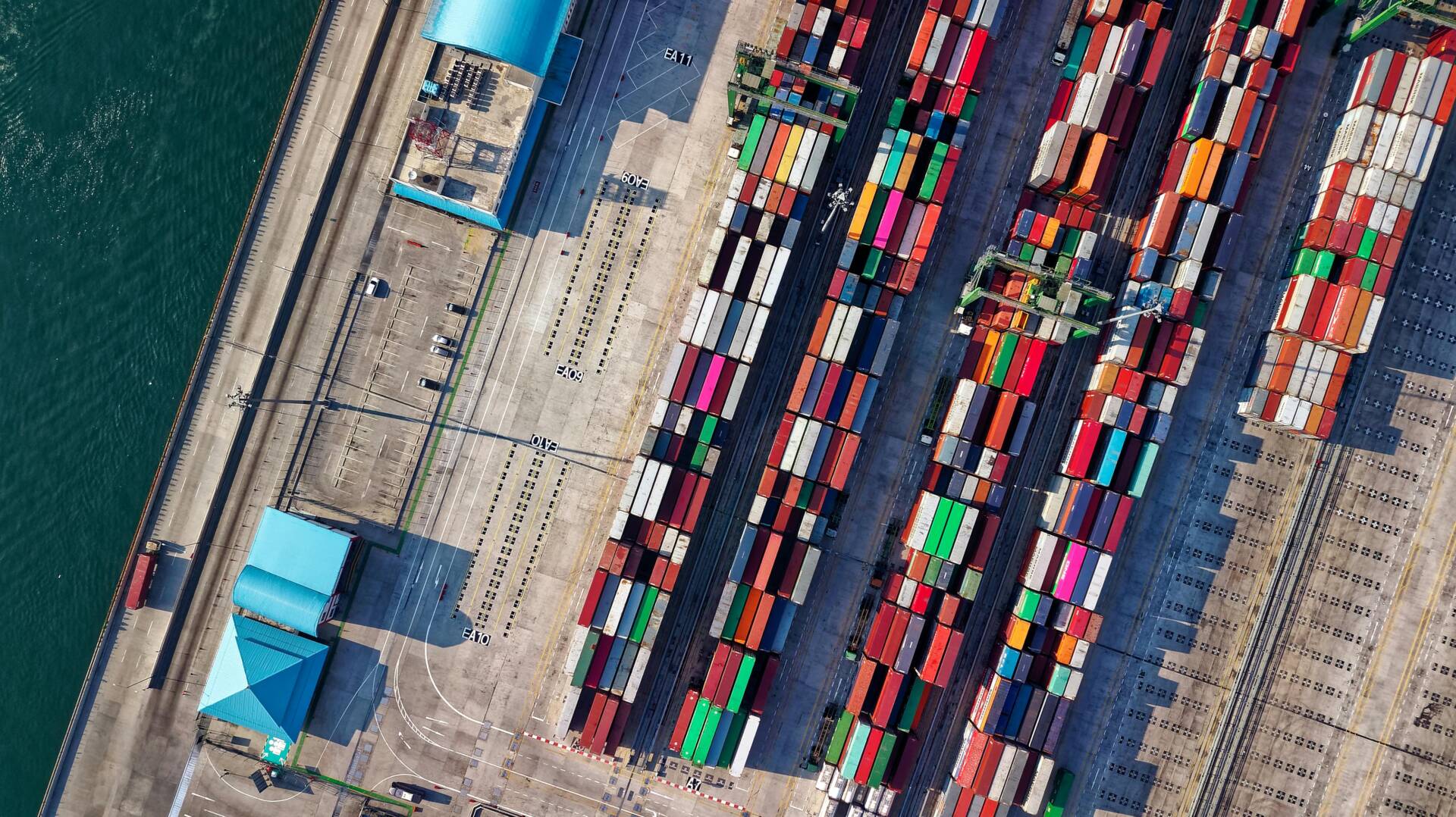The traditional supply chain isn’t dead, but it’s definitely getting outperformed. Startup distributors have stepped into the game with an agility that makes legacy models look slow and overstaffed. They’re not interested in building the next Amazon—they’re interested in something smarter. They’re designing distribution systems that put relationships and responsiveness back at the center of commerce.
The New Distribution Ethos
Today’s distributors aren’t chasing scale for the sake of scale. They’re chasing control, reliability, and flexibility—the qualities that fell through the cracks when global logistics ballooned into an algorithm-driven machine. These new startups are built around human intelligence and local insight as much as tech. Their founders have learned that a smaller, tighter network with fast communication beats a sprawling, faceless one that requires endless troubleshooting.
One quiet but powerful shift has been how startup distributors position themselves as partners instead of middlemen. They’re taking on strategic advisory roles, helping clients navigate everything from sourcing to packaging decisions. They know that every hour saved upstream compounds into days saved downstream.
Where Speed Meets Strategy
Rather than building massive fulfillment centers, they’re leveraging micro-warehouses closer to key customer clusters. Some even share space with complementary distributors to cut overhead and shorten lead times.
This isn’t about competing in the same field as Amazon, it’s about changing the field altogether. Smaller distributors can now respond faster, pivot mid-shipment, or customize packaging and branding for small-batch clients. That kind of nimbleness has become the gold standard for startups in consumer goods, healthcare, and specialty manufacturing.
Strategic foresight is also replacing the old obsession with volume. This is where
governance advisory has started to shape the backbone of many startup distributors. Investors and stakeholders want transparency from day one, not after the first crisis. Smart distributors are embedding governance systems that balance innovation with accountability. The result is a rare combination of creativity and compliance, where growth doesn’t have to mean risk.
Data As the Equalizer
The startups rewriting supply chains aren’t necessarily inventing new software—they’re using existing tech more intelligently. Data analytics tools that were once the playground of massive corporations have become affordable, and smaller distributors are putting them to good use. They’re tracking real-time performance, predicting delays, and optimizing routes faster than old enterprise systems can update.
It’s not about fancy dashboards. It’s about understanding where the friction points are before they happen. These insights let distributors run leaner operations, communicate more precisely, and actually deliver on the timelines they promise. Predictive analytics has turned from a buzzword into a practical daily asset.
Many startup distributors are giving their clients visibility into shared dashboards, so manufacturers and distributors operate with the same information. It builds trust, reduces confusion, and eliminates those classic “where’s my shipment?” emails that waste everyone’s time.
People Over Platforms
For all the talk about automation, human skill remains the true differentiator. The new class of distributors is doubling down on what machines can’t do—relationship-building, negotiation, and brand understanding. These distributors don’t see themselves as passive connectors between products and shelves. They see themselves as extensions of the brands they represent.
That mindset has reshaped how they hire and train. Many startup distributors now invest heavily in
distributor sales training that teaches consultative selling rather than order-taking. The goal isn’t to sell more units—it’s to sell smarter. Teams learn to identify client pain points, anticipate upcoming needs, and position themselves as trusted partners instead of interchangeable suppliers.
The most forward-thinking distributors are building internal cultures that look more like tech startups than warehouses. Collaboration and experimentation are encouraged. Sales teams sit alongside logistics analysts, and everyone shares the same mission: make the process smoother, faster, and more transparent. It’s a cultural shift that attracts ambitious talent and keeps turnover low, a rare combination in the distribution world.
Sustainability Without the Greenwashing
If there’s one area where startup distributors are outpacing the giants, it’s authenticity in sustainability. They don’t have to overhaul entire systems or justify legacy
carbon footprints. They’re starting from scratch, which gives them an edge in designing low-waste, low-impact processes.
Some are experimenting with electric delivery fleets or using predictive inventory to minimize overproduction. Others are working directly with packaging startups to trial recyclable or compostable materials that meet client specs. Sustainability isn’t being marketed as a virtue—it’s being used as a competitive advantage.
Final Thoughts on Supply Chains
The next evolution of supply chains isn’t going to come from another trillion-dollar platform. It’s coming from the startups who understand that innovation is about people, precision, and practical intelligence. They’re rewriting the story of how goods move—not by scaling endlessly, but by doing it better.
For distributors, the message is clear: adaptability and integrity are the new currency. The ones who blend smart governance, sharp training, and authentic relationships won’t just survive in the post-Amazon era. They’ll define it.







